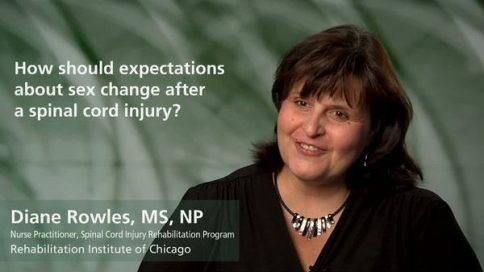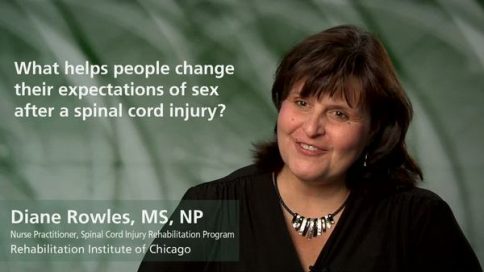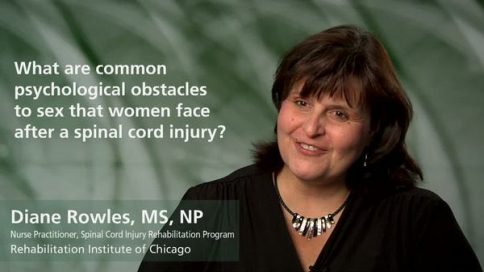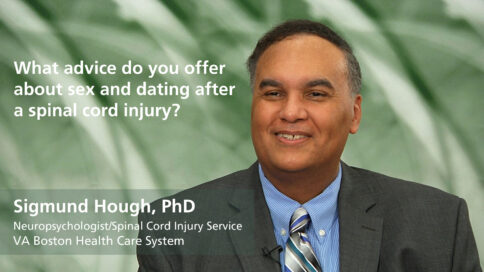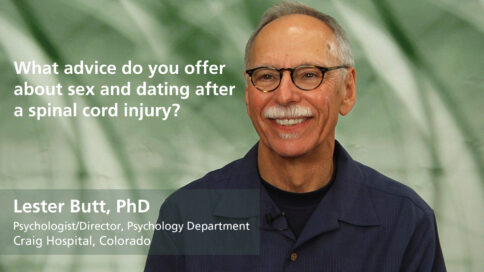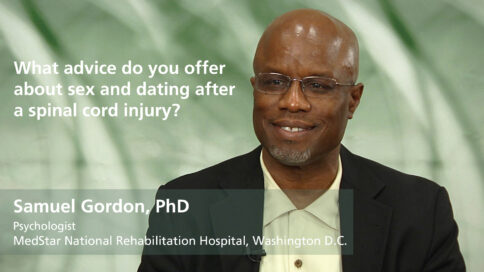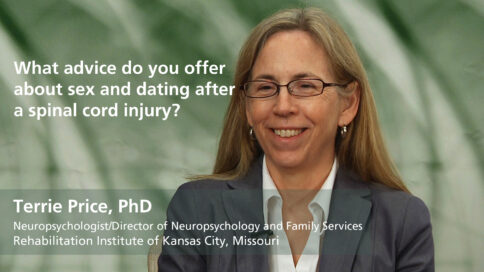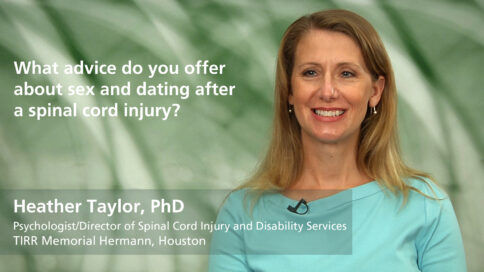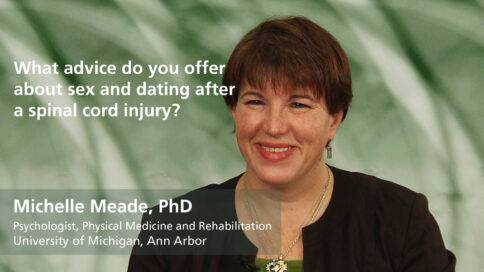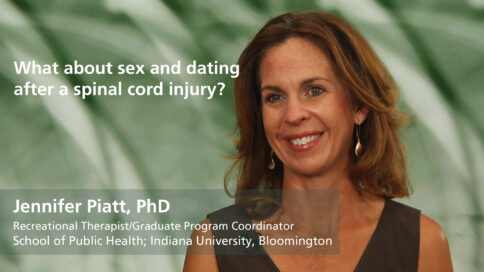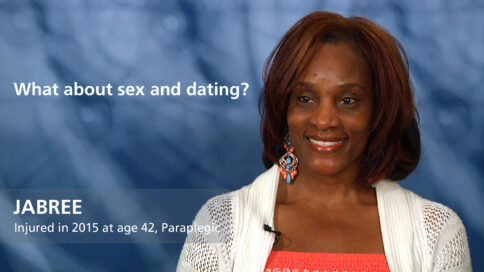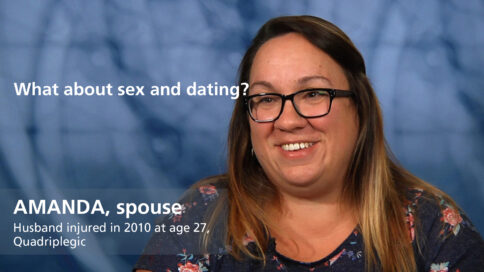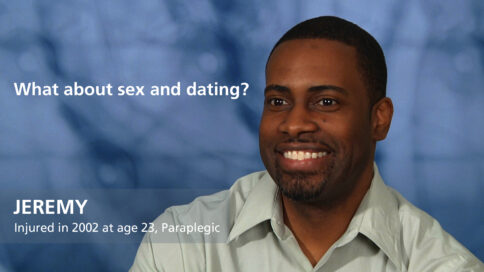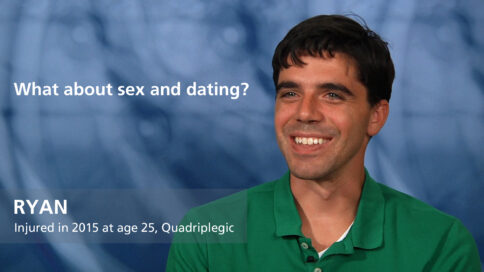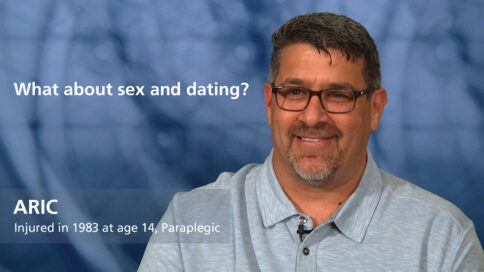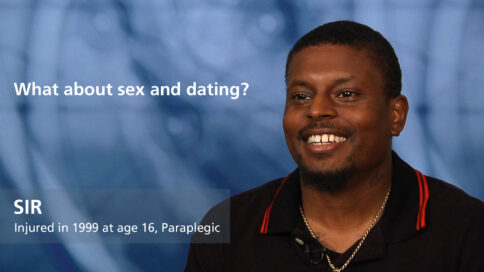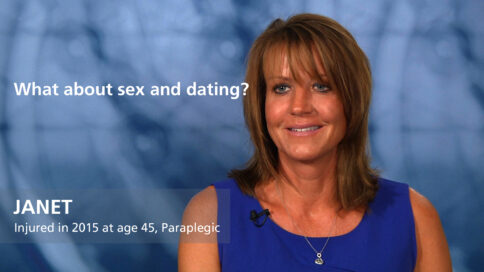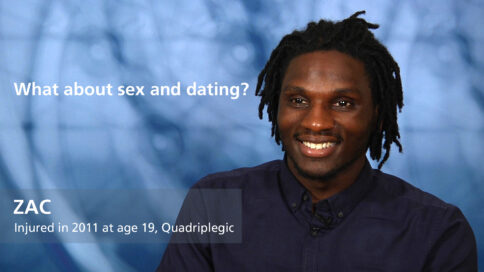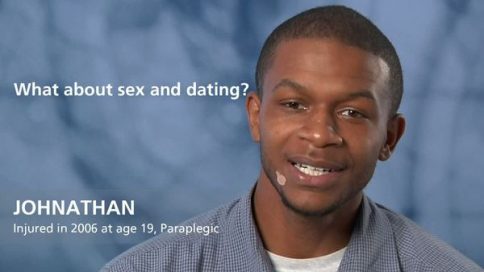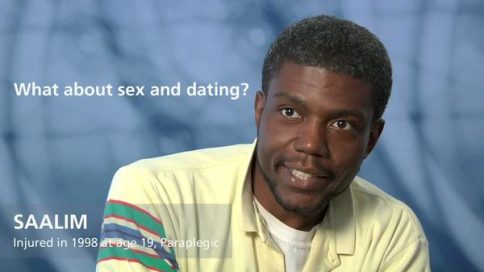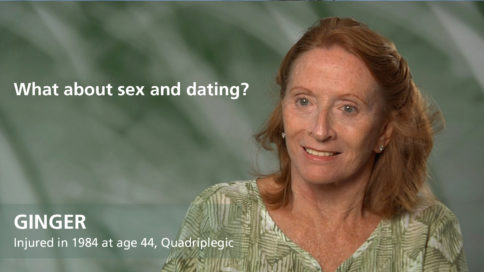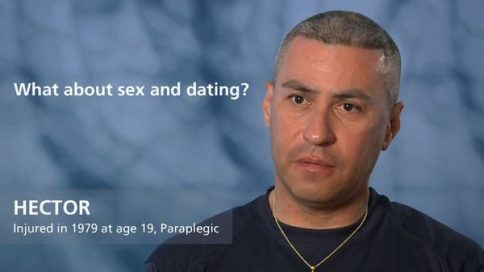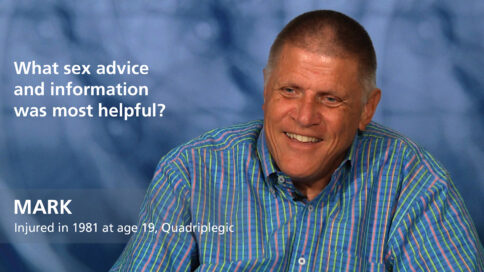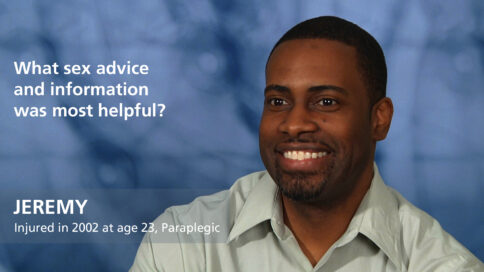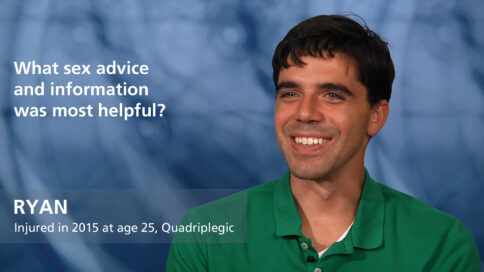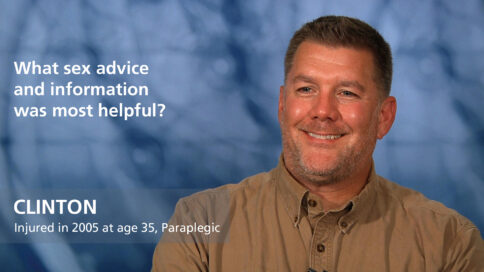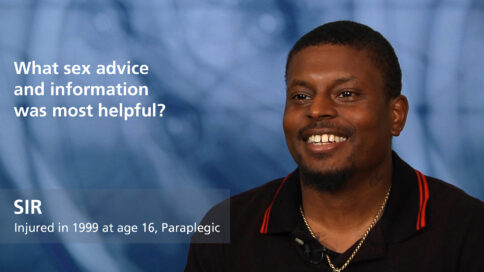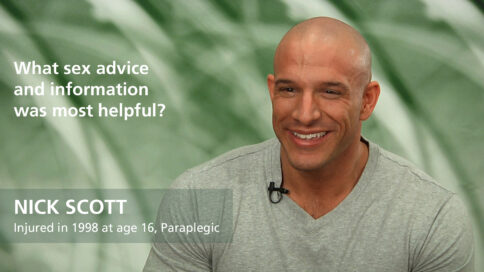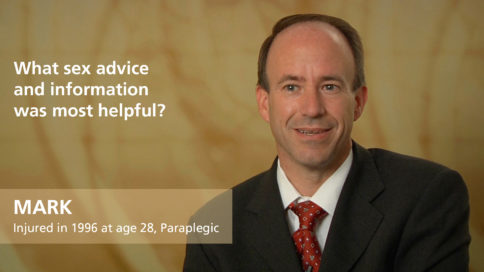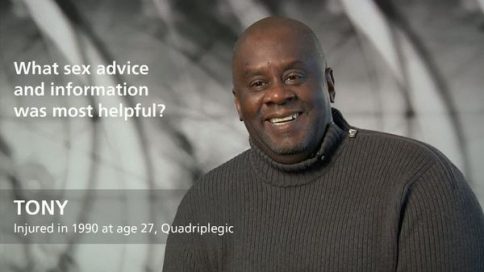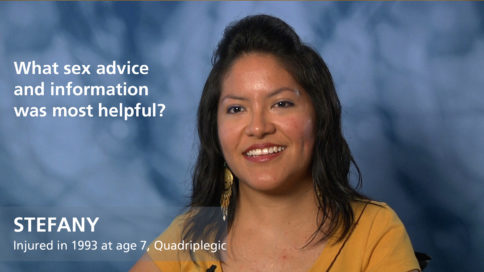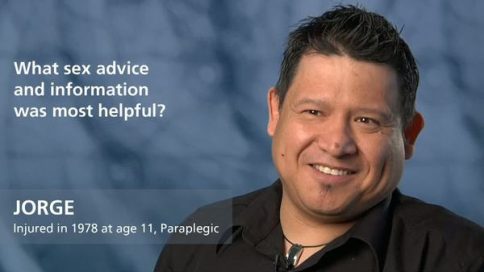What are common psychological obstacles to sex that men face after a spinal cord injury? - Diane M. Rowles, MS, NP
|
|
What are common psychological obstacles to sex that men face after a spinal cord injury? |
|
Diane M. Rowles, MS, NPNurse Practitioner, Spinal Cord Injury Rehabilitation Program, Rehabilitation Institute of Chicago |
||
| Read Bio | More Videos by Diane M. Rowles | |
|
Share |
||
Transcript
I think again, it's going to vary depending on the person. But some of the common themes that I've repeatedly seen over many years, is if the person's young, not married, in the dating world, fear that nobody will love them this way, fear of more barriers, like the wheelchair is a barrier, feeling like if their sexual function is not a 100 percent normal, "am I going to be able to perform?"—"What I am going to do with my bladder?—"What am I going to do with my bowel?"—all of those personal issues, as well as some self image issues. Not real confident in themselves early on, and that takes a while to build self confidence for anybody who changes anything major in their life, and it's not different with spinal cord injury. And then there's for some people, understandably because maybe it is different, maybe they do have some erectile dysfunction, or some change in sensation, or some ejaculatory dysfunction, some people say if it's not a 100 percent normal the way it was before, then it's not normal and it's not good, and that's how they believe for always. And other people adjust.
Show Less|
|
||
add
What are common psychological obstacles to sex that men face after a spinal cord injury? |
||
Diane M. Rowles, MS, NPNurse Practitioner, Spinal Cord Injury Rehabilitation Program, Rehabilitation Institute of Chicago |
More Videos by Diane M. Rowles | |
| Transcriptadd | share | |
I think again, it's going to vary depending on the person. But some of the common themes that I've repeatedly seen over many years, is if the person's young, not married, in the dating world, fear that nobody will love them this way, fear of more barriers, like the wheelchair is a barrier, feeling like if their sexual function is not a 100 percent normal, "am I going to be able to perform?"—"What I am going to do with my bladder?—"What am I going to do with my bowel?"—all of those personal issues, as well as some self image issues. Not real confident in themselves early on, and that takes a while to build self confidence for anybody who changes anything major in their life, and it's not different with spinal cord injury. And then there's for some people, understandably because maybe it is different, maybe they do have some erectile dysfunction, or some change in sensation, or some ejaculatory dysfunction, some people say if it's not a 100 percent normal the way it was before, then it's not normal and it's not good, and that's how they believe for always. And other people adjust.
